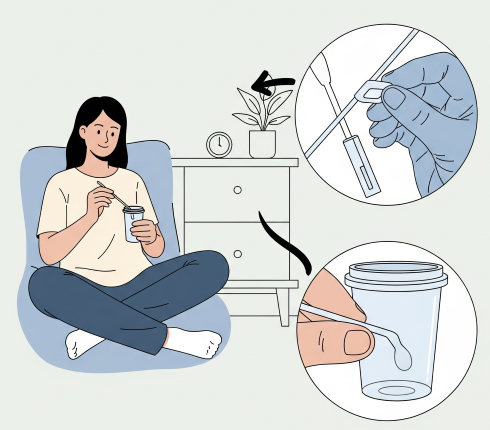April Christina speaks with Urban Health Weekly about Navigating Endometriosis and Infertility

Reproductive Health
Well Woman Today strives to be the premier resource for healthcare professionals committed to providing the highest standard of reproductive health care and support for all women.
Advertisement
The findings challenge common assumptions about aging and sexual function.
A Swedish national study provides new evidence for graduated neonatal risks associated with advancing maternal age.
This research addresses a critical gap in prenatal care, as some women develop preeclampsia despite aspirin prophylaxis.
The researchers propose that consuming seasoned foods may expose vulvar tissue to allergens through excretion in urine
During pregnancy, higher mercury levels were linked to increased risks of birth defects, preterm birth, low birth weight
Women can now screen for cervical cancer from the comfort of their homes using a specially designed self-collection device
The mental health of mothers in the United States has declined significantly from 2016 to 2023
The new guidelines recognize that healthcare providers have historically underestimated patient pain levels.
The research reveals that 52.8% of patients considered stopping care because their concerns were not addressed.
Women with a sister who has experienced postpartum psychosis should be considered at significantly higher risk
My fertility numbers looked fine, but during the pandemic, while trying to conceive, I was diagnosed with infertility.
The study found that only 75.3% of chlamydia cases and 69.6% of gonorrhea cases received any treatment within 30 days.














 © 2025 Mashup Media, LLC, a Formedics Property. All Rights Reserved.
© 2025 Mashup Media, LLC, a Formedics Property. All Rights Reserved.